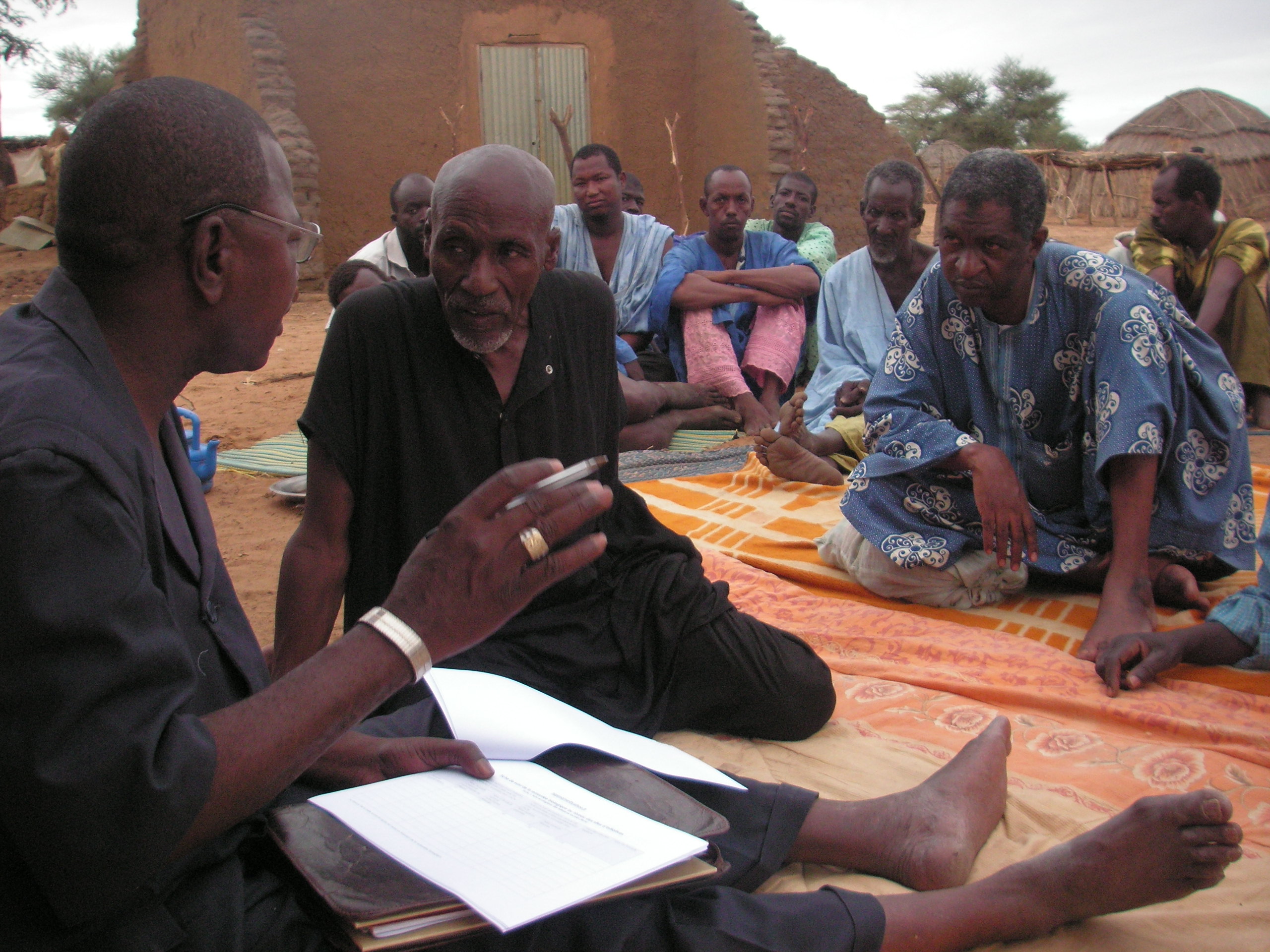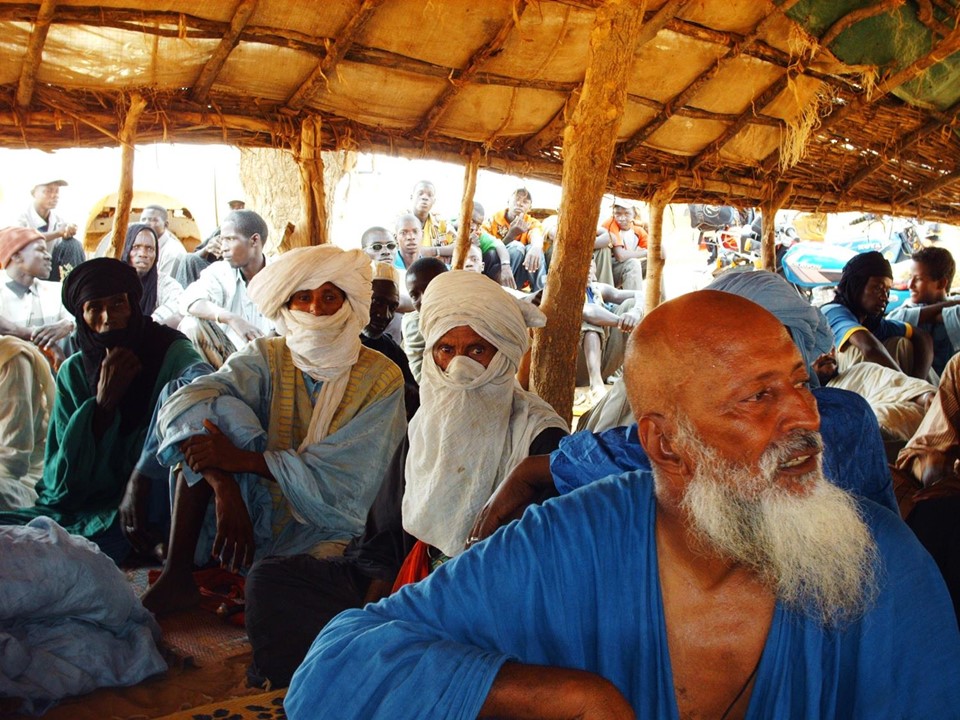


The project’s approach to community engagement is always to listen first, understand local problems and preoccupations, and discuss the issue of elephants within this context. Recognising all perspectives and developing a common perspective of the problem is a key first step. Identifying the parameters of the problem and the common vision is the next step. By then, asking communities to devise a solution, with the MEP as a stakeholder, builds their trust and imparts ownership, thereby fostering sustainability.
It implies a lot of unknowns, requires flexibility and a readiness to learn, but means that initiatives are a lot more likely to succeed because they rely on existing local knowledge and knowhow, and are automatically validated and adopted by participants from the start, essential elements to building locally adapted and therefore robust/resilient solutions.
The process involves the active participation of the communes’ mayors and the government’s technical services, whose role is to support communities in the implementation of local initiatives and their integration with commune development plans. All have to demonstrate their commitment if project activities are to go ahead. This strengthens local governance by empowering all stakeholders to take responsibility for the management of their natural resources together.
Mali's decentralisation legislation places the management of natural resources in the hands of local communities.
Approaching the issue with an open mind, without a preconceived solution; allowing the solution to be shaped by the local context and to emerge from an open dialogue with the local communities was key for establishing trust and collaboration.
Putting together a local team originating from the area, with a genuine understanding of local customs, culture and their subtle variations, and strong facilitation skills is one of the project’s strongest assets.
Land (habitat and biodiversity) use is the key problem in these environments.
Such an approach ensures community buy-in and trust which are essential to long term success.
It was daunting to engage local communities in case they decided against elephant conservation, but it was the only way to devise a sustainable solution and it turned out that the large majority valued the elephants.
It is important that the local team be from the area, passionate for the cause. They may not be the most qualified but their ability as facilitators is the predominant quality for success along with genuine motivation and trustworthiness.
It means building their capacity in other areas, which may take longer, but is better than taking qualified people from elsewhere and grounds their contribution locally even more.
People may say things that they perceive to be most advantageous for them – even more reason to have local facilitators. It has also meant that the project has been able to continue despite extreme lawlessness.
Local communities were excited about the long-term vision of restoring the ecosystem and wildlife that had been lost.